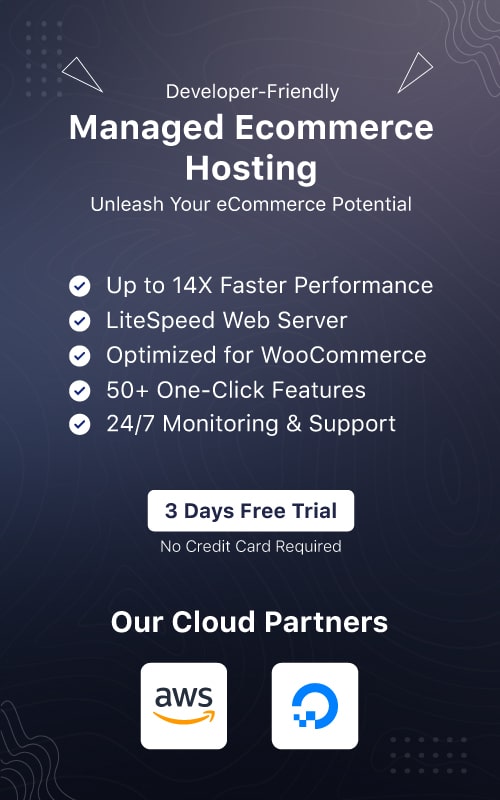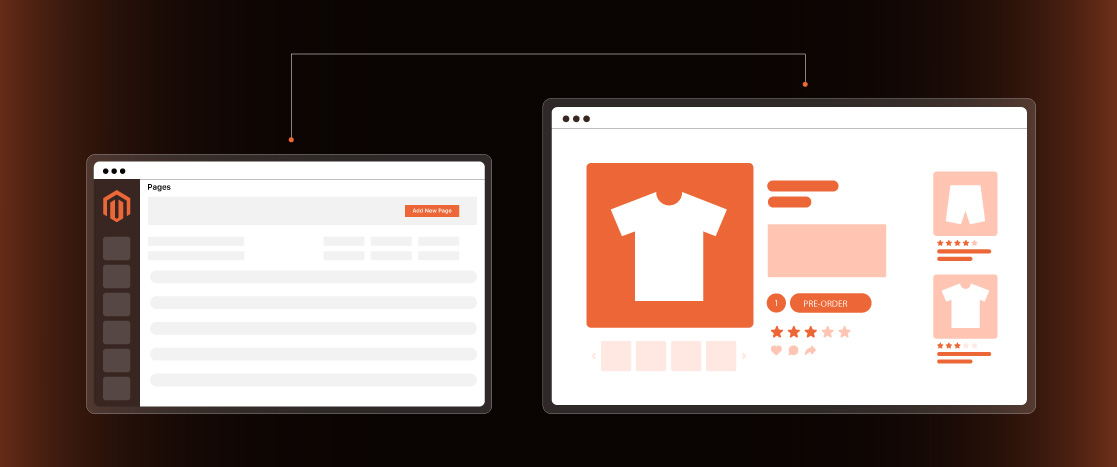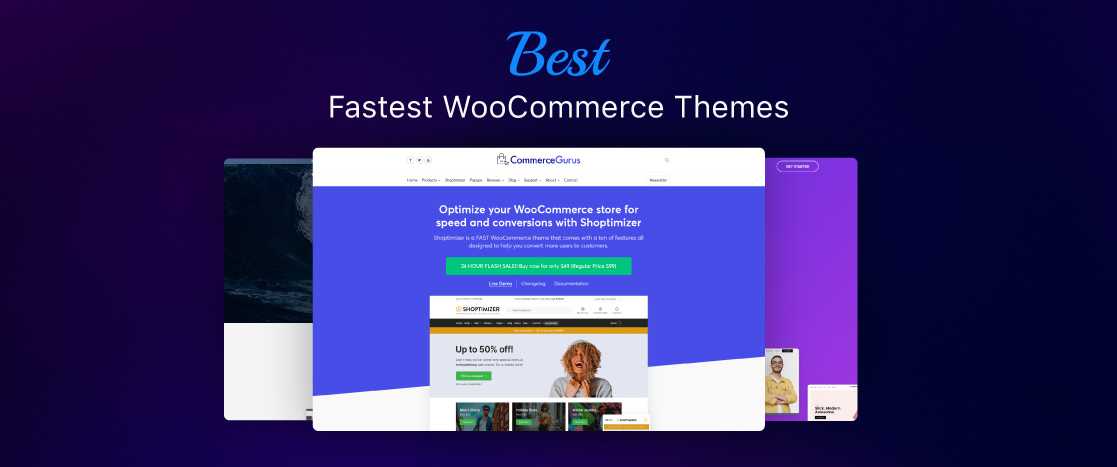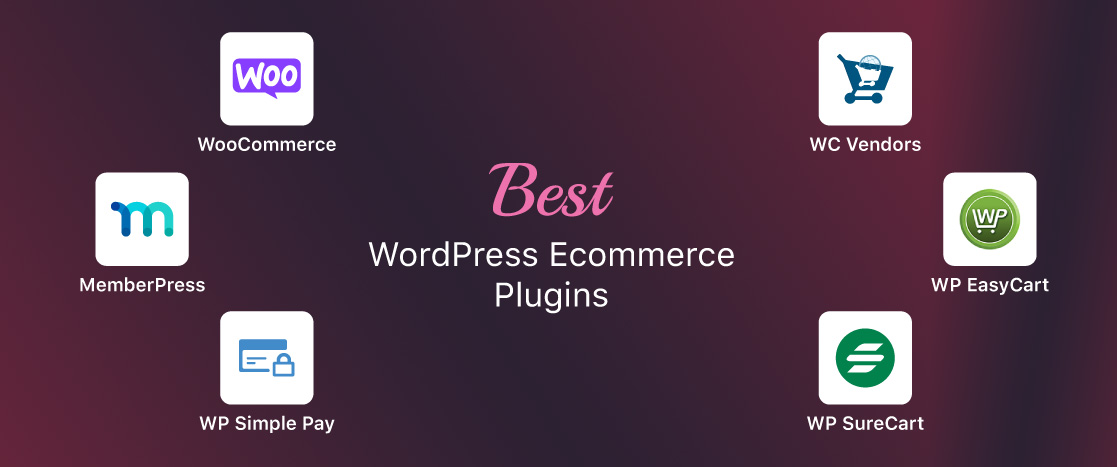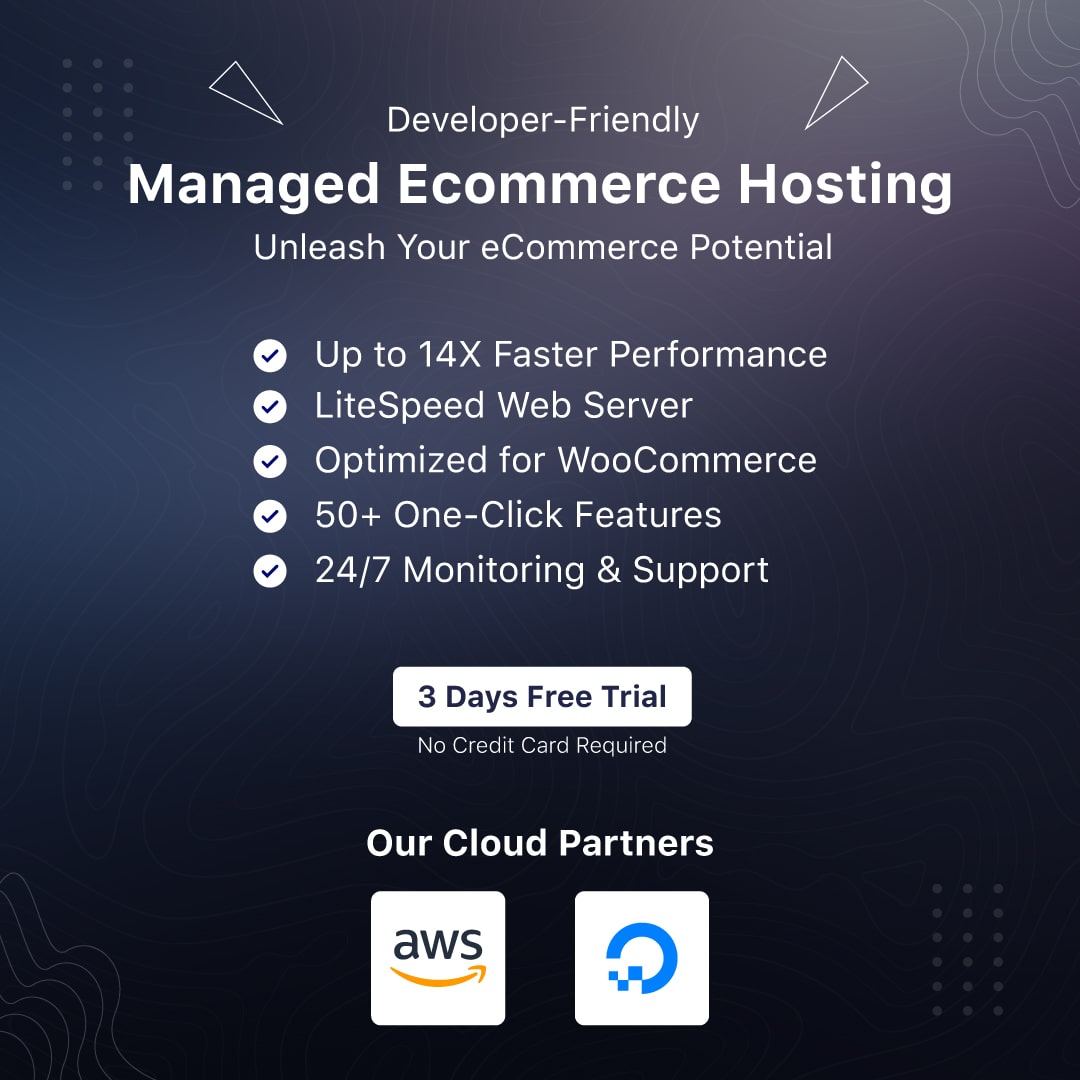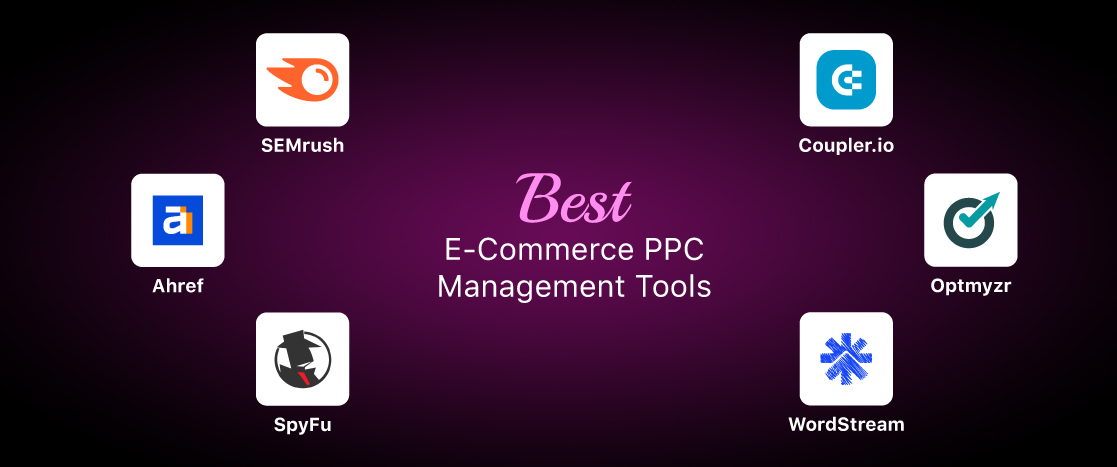
Best E-Commerce PPC Management Tools For 2025
Your online retailer has just introduced a new product line. Although the advertisements are live, the sales aren’t as high as anticipated.
Many owners of e-commerce firms today have similar experiences. It can be difficult to stand out on sites like Amazon and other search engines due to the fierce competition. However, brands now have an equal chance to compete with well-known brands thanks to today’s sophisticated online advertising strategies.
Online shopping: For many small and mid-sized retailers, PPC management has changed the game by providing cost-effective ways to increase online visibility. Please continue reading to learn how to use PPC tactics to boost store success.

What is Ecommerce Advertising?
Digital advertising is a cornerstone of modern marketing strategies, especially in the ecommerce industry. Advertising in e-commerce is the process of promoting wares and services with digital channels using the goal of luring potential buyers into an online store. E-commerce advertising goes hand in hand with the power of the internet and brings in a global audience. E-commerce advertising DRVS, in other words, driving traffic into an online store, which further increases the Brand Visibility, turning visitors ultimately into potential customers.
Ecommerce advertising uses different channels and strategies from search engine marketing (SEM), where advertisements are placed on search engine results pages, to social media advertisements that target users on sites like Facebook, Instagram, and Pinterest, to view what is being referred to as affiliate marketing whereby partners promote one’s product in exchange for a commission off the sales. On all these channels, businesses can easily target specific demographics, behaviors, as well as interests, thanks to which ecommerce advertising turns out to be so effective and greatly customize-able.
In addition to driving traffic, ecommerce advertising also helps in creating brand awareness and customer loyalty. Consistent delivery of the right message to the target audience helps provide an online presence to a business, distinguishes it from other competitors, and builds long-lasting relations with customers.
What is PPC for Ecommerce?
PPC is an advertising model where businesses pay when their ads are clicked. For e-commerce, it’s an effective way to drive targeted traffic by bidding on product-related keywords, often placing ads at the top of search results.
It works well in e-commerce by reaching users actively searching for similar products. PPC also allows for precise targeting by demographics, location, and user behavior, increasing the chances of conversion.

How Does PPC Advertising Work?
PPC (Pay-Per-Click) advertising lets businesses display ads on search engines and social media, paying only when users click. Advertisers bid on relevant keywords, create targeted ads, and compete for placement based on bid amount and ad quality. Factors like relevance, click-through rate (CTR), and landing page quality affect a campaign’s performance and cost, making optimization key to success.
Why Use PPC for Ecommerce Sites?
The benefits of PPC for ecommerce sites are numerous. First and foremost, PPC drives immediate traffic to your site, which is critical for new or underperforming ecommerce businesses. Unlike SEO, which can take months to produce results, PPC can generate clicks and conversions as soon as the campaign goes live. Additionally, PPC offers unparalleled control over who sees your ads. Through sophisticated targeting options, you can reach specific demographics, geographical areas, and even retarget users who have previously visited your site. This level of precision is unmatched in other forms of advertising, making PPC an indispensable tool in any ecommerce marketing arsenal.
| S. No. | Names | Pricing | Best For | Free Versions |
| 1 | SEMrush | Starts at $129.95/month | Comprehensive keyword research, competitor analysis, and PPC campaign tracking | Yes, limited free tools |
| 2 | Ahref | Starts at $99/month | Competitor keyword research, backlink analysis, and PPC insights | No, offers a trial version |
| 3 | SpyFu | Starts at $39/month | Competitor PPC research, keyword tracking, and ad history analysis | Yes, with limited features |
| 4 | Coupler.io | Free plan available; Paid plans start at $49/month | PPC data integration, reporting, and automation using Google Sheets & dashboards | Yes |
| 5 | Optmyzr | Starts at $208/month | Advanced PPC automation, bid optimization, and rule-based campaign management | No, offers a trial |
| 6 | WordStream | Custom pricing (based on ad spend) | Smart PPC recommendations for small to mid-sized businesses | Yes, via free Google Ads Grader |
| 7 | Kenshoo (now Skai) | Custom pricing | Enterprise-level PPC and omnichannel campaign management | No, demo available |
Advanced PPC Management Tools
While the platforms themselves offer robust tools for managing PPC campaigns, there are several third-party tools that provide additional capabilities, helping ecommerce PPC experts optimize their efforts.
SEMrush
SEMrush is an all-comprehensive digital marketing tool that brings on board all possible PPC functionalities. This includes keyword research, competitor analysis, and campaign management—everything that comes under what can be categorized as valuable to any ecommerce business. PPC tools by SEMrush also help in finding out the high-performing keywords for a particular business, examining other companies’ strategies, and ad-copied optimization. The platform also includes the artificial intelligence tools required to maximize the efficiency of pay-per-click. It helps automate tasks that in turn help businesses focus on the making of strategies.
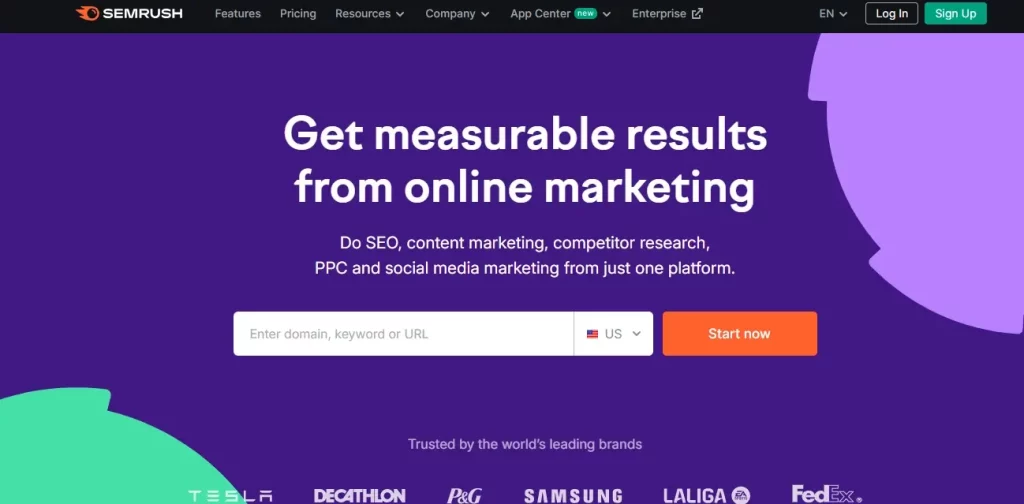
Ahref
Ahrefs is widely known to be very powerful for SEO, but the tool also offers several powerhouse features for conducting Ecommerce PPC campaigns. It performs well in keyword research and shows information about keyword difficulty, the most popular keyword, the search volumes for a keyword, and potential ROI. This data is invaluable to create PPC campaigns that are targeted and drive results. Also with Ahrefs, businesses can monitor other businesses that do PPC, which could mean getting a step ahead around all those other people. Integration of Ahrefs with PPC strategies will let e-commerce businesses target the right keywords most effectively and derive the most value out of each ad spent.
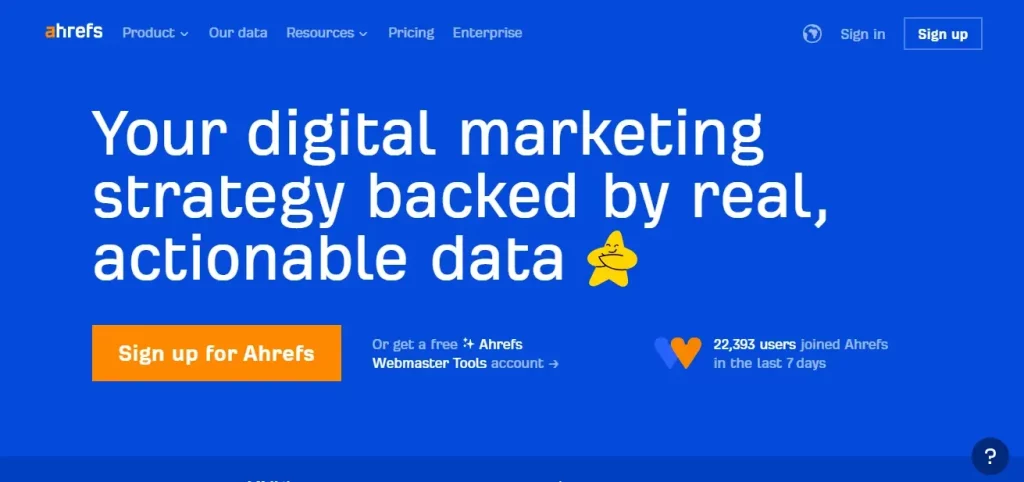
SpyFu
SpyFu is a tool specifically designed for competitor analysis in PPC campaigns. It allows businesses to uncover competitor keywords, ad copy, and bidding strategies, providing a competitive edge. SpyFu’s advanced reporting features enable businesses to monitor ongoing campaigns, adjust strategies based on real-time data, and identify new opportunities for growth. For ecommerce PPC management, SpyFu is an essential tool for staying competitive in crowded markets.
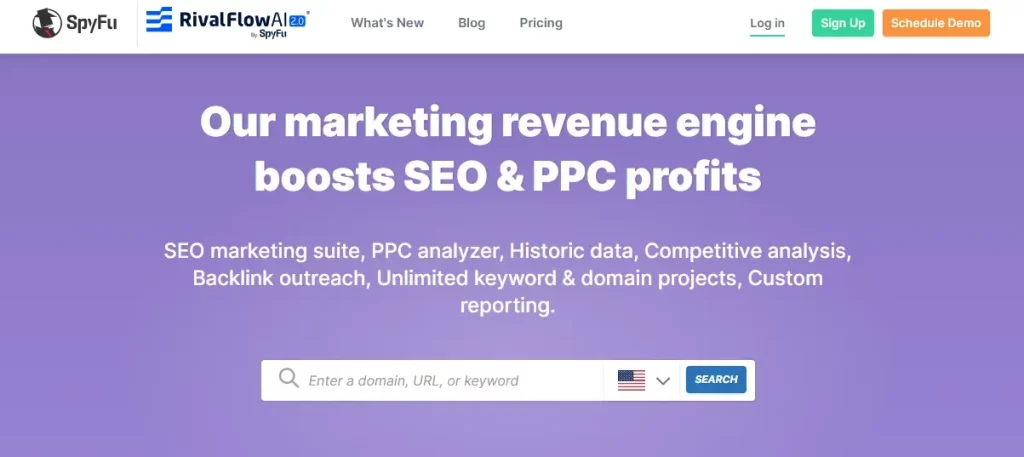
Coupler.io
Coupler.io is a versatile data analytics and reporting tool that streamlines PPC campaign management and simplifies eCommerce workflows. By automating data imports from various eCommerce apps into data warehouses, spreadsheets, or BI tools (Looker Studio, Power BI, Tableau, and more), it eliminates the need for manual updates. Coupler.io also offers automated dashboard templates tailored to PPC campaign management, ensuring teams have real-time access to actionable insights. Additionally, it enables seamless integration with CRMs, eCommerce tools, and databases, making collaboration and data analysis effortless. With Coupler.io, teams can optimize decision-making and stay aligned on campaign performance.
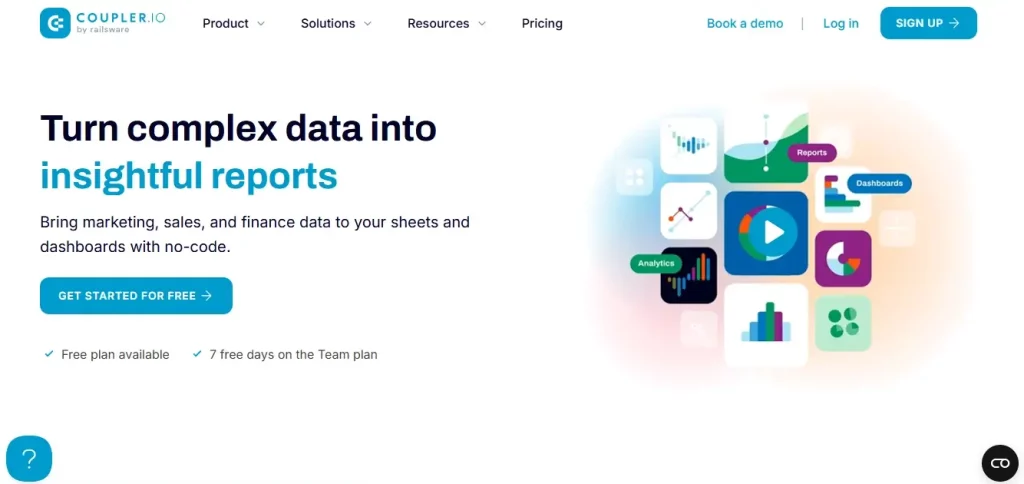
Optmyzr
Optmyzr is a PPC management tool that focuses on automation and optimization. It offers advanced scripts and tools that help ecommerce businesses automate bid management, ad optimization, and reporting. Optmyzr’s custom solutions are particularly useful for large-scale PPC campaigns that require constant monitoring and adjustment. By automating repetitive tasks, Optmyzr allows ecommerce PPC experts to focus on strategy and growth, improving overall campaign performance.
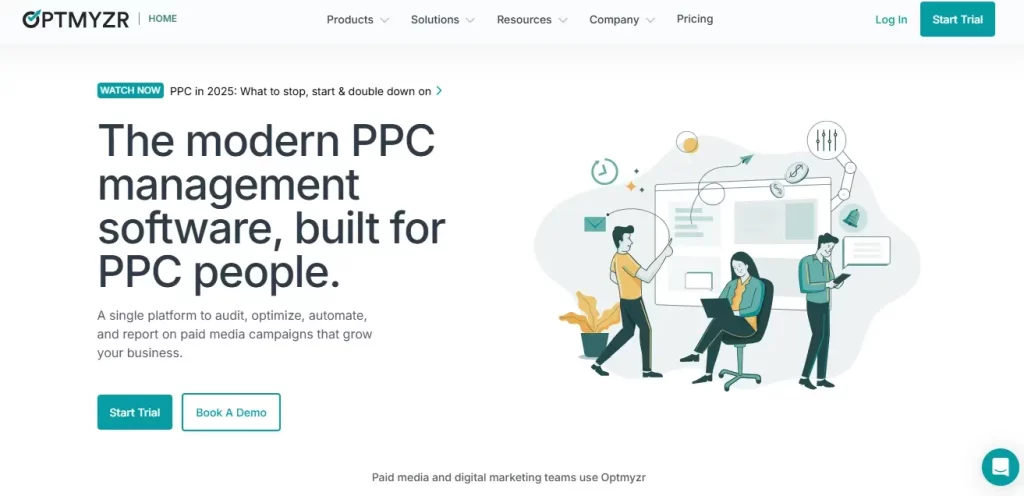
WordStream
WordStream is designed to simplify PPC management across multiple platforms, including Google Ads, Microsoft Advertising, and social media channels. The platform’s signature feature, the 20-Minute Work Week, offers actionable recommendations for optimizing campaigns with minimal time investment. WordStream also integrates seamlessly with ecommerce platforms, making it easy to manage and monitor PPC campaigns from a single interface. For businesses looking to streamline their PPC efforts, WordStream is an excellent choice.
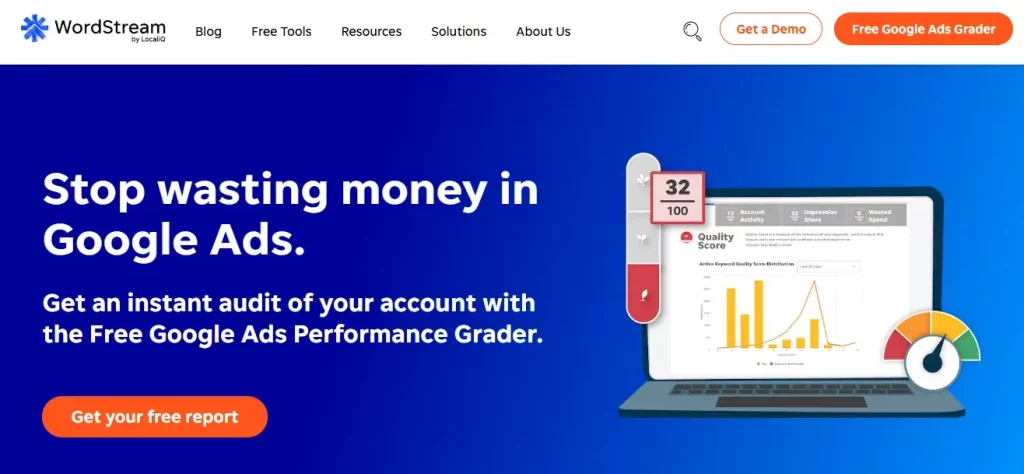
Kenshoo
Kenshoo is a cross-channel PPC management tool that leverages AI and machine learning to optimize ad performance. It offers advanced features for budget allocation, bid management, and campaign scaling, making it ideal for large ecommerce businesses. Kenshoo’s tools are designed to maximize ROI by ensuring that ads are shown to the right audience at the right time. With its focus on automation and data-driven decision-making, Kenshoo is a powerful tool for managing complex ecommerce PPC campaigns.

Best Practices for Managing Ecommerce PPC Campaigns
Managing ecommerce PPC campaigns effectively in demands a strategic approach, leveraging advanced tools, and continuous optimization. Key best practices include conducting thorough market research to identify high-performing keywords and understanding competitor strategies. Implementing a robust account structure with clear goals and organized campaigns is essential for efficient management. Regular A/B testing of ad copy and landing pages helps refine performance, while precise audience targeting, including the use of long-tail keywords and remarketing, ensures ads reach the most relevant users. Additionally, integrating PPC with other digital marketing efforts, such as SEO and social media.
Building a Strong PPC Foundation
The foundation of any successful PPC campaign is thorough market and competitor research. Understanding your market, including who your competitors are and what strategies they are using, is crucial for creating a robust PPC strategy. This involves analyzing competitor keywords, ad copy, and bidding strategies to identify opportunities and threats. Additionally, setting up a well-structured PPC account is critical for managing campaigns effectively. This includes organizing campaigns by product categories, targeting specific audiences, and setting clear goals.
Optimizing Campaigns for Better Performance
Optimization is an ongoing process in PPC management. Regularly testing ad copy, landing pages, and targeting options through A/B testing is essential for improving campaign performance. This allows businesses to identify what works best and make data-driven decisions to enhance their ads. Tools like Optmyzr and SEMrush can help automate this process, making it easier to implement changes quickly. Additionally, optimizing landing pages to ensure they align with ad copy and offer a seamless user experience is key to driving conversions.
Advanced Keyword and Audience Targeting Strategies
Targeting the right keywords and audiences is at the heart of any successful PPC campaign. Utilizing long-tail keywords can help ecommerce businesses target niche audiences with high buying intent, reducing competition and CPC rates. Audience segmentation and remarketing are also powerful strategies for reaching potential customers who are more likely to convert. By creating lookalike audiences, businesses can expand their reach to users who share similar characteristics with their existing customers, increasing the chances of conversion.
Integrating PPC with Other Digital Marketing Strategies
PPC should not operate in a vacuum; it works best when integrated with other digital marketing strategies. For example, combining PPC with SEO can enhance both organic and paid search performance, driving more traffic to your site. Similarly, integrating PPC with content marketing and social media can increase engagement and build brand awareness. By creating a cohesive digital marketing strategy that leverages the strengths of each channel, businesses can achieve better results and maximize their marketing budget.
Effective Budget Management and ROI Tracking
Managing your PPC budget effectively is crucial for maximizing ROI. This involves setting clear budget limits, monitoring spend in real time, and adjusting bids based on performance data. Tools like Kenshoo and SEMrush offer advanced budget management features that can help businesses allocate their budget more effectively. Additionally, tracking ROI is essential for understanding which campaigns are delivering the best results. By focusing on high-performing campaigns and reallocating budget from underperforming ones, businesses can ensure they are getting the most out of their PPC spend.
The Importance of PPC Tools in Ecommerce Success
Managing PPC campaigns manually can be incredibly time-consuming and complex, especially as your business grows. This is where ecommerce PPC tools come in. These tools are designed to automate and streamline various aspects of PPC campaign management, from keyword research to bid adjustments, ad creation, and performance tracking. By leveraging these tools, ecommerce businesses can enhance the efficiency and effectiveness of their PPC campaigns, leading to better results with less effort.
One of the primary benefits of using PPC tools is the ability to gain insights into your campaigns in real time. Many of these tools offer advanced analytics that can help you understand which ads are performing well and which need improvement. This data-driven approach enables you to make informed decisions quickly, optimizing your campaigns for maximum ROI.
Google Ads
Google Ads has been, is, and will continue to be the big Kahuna of all PPC providers; for many good reasons. This includes comprehensive reach and a very strong set of features that make it the e-commerce business go-to platform. In 2025, Google Ads keeps changing. It is introducing new tools and features that are involved in managing and optimizing campaigns with ease like never before. One of the unique features in e-commerce PPC is Smart Bidding, which uses machine learning to optimize bids for conversions. Besides this, Google Ads integrates very well with Google Shopping and Merchant Center—businesses can run most of their product listings and ad campaigns from one platform.
Microsoft Ads
Though one might call Google Ads a market leader, Microsoft Advertising has some unique advantages, especially when it comes to targeting another type of audience. Some of the principal perks include the integration with LinkedIn for better B2B targeting. Additionally, Microsoft Advertising always has lower competition and CPC, making it more attractive to e-commerce businesses trying to get the most bang for their buck. Effective in this regard, too, are automated bidding and ad performance tools, which help the ecommerce PPC experts easily track the campaigns.
Amazon Advertising
Having one of the biggest online marketplaces, Amazon, in this regard, holds quite potent opportunities for PPC. Features like Sponsored Products, Sponsored Brands, and Sponsored Display come under the Amazon Advertising tools designed for promoting products in relevant markets. These ads could prove quite effective in boosting sales by e-commerce businesses, since Amazon has a very large customer base. In such a situation, mastering Amazon Advertising for e-commerce businesses on Amazon becomes important to ensure survival in the competition. The site’s other tools are made for e-commerce, with great analytics and targeting options that maximize your campaign’s effectiveness.

Facebook and Instagram Ads
For social media platforms that have a massive user base and dominant targeting options, ecommerce PPC marketing will find valuable services. After all, Facebook has the most granular audience targeting available, through which businesses can target people by demographics, interests, behaviors, and so on. Instagram best suits any ecommerce brand; it’s best for expressing products in an interesting manner, with a visually first approach. Both provide ad creatives, enable performance tracking, and support the optimization of the campaign in achieving better results. Being in the same owner and company, Facebook, with the integrations already established for this, businesses can manage the ads in both platforms within one interface, making the management of their PPC campaigns easier to handle.
Pinterest Ads
Pinterest has emerged as a powerful platform for ecommerce businesses, particularly those in the fashion, home decor, and lifestyle sectors. Pinterest users often use the platform to discover new products and ideas, making it an ideal place for ecommerce PPC campaigns. Pinterest Ads include unique formats like Product Pins and Shopping Ads, which blend seamlessly into the platform’s content. These ads are designed to drive traffic to ecommerce sites, with a focus on visual appeal and relevancy. By leveraging Pinterest Ads, ecommerce businesses can tap into a highly engaged audience with a strong shopping intent.
LinkedIn Ads
For B2B ecommerce businesses, LinkedIn Ads offer unparalleled targeting options. LinkedIn’s audience is composed of professionals, making it the perfect platform for reaching decision-makers in specific industries. LinkedIn Ads provide a variety of formats, including Sponsored Content, Sponsored InMail, and Text Ads, all of which can be tailored to meet specific marketing goals. The platform’s advanced targeting capabilities allow businesses to reach users based on job title, company size, industry, and more, making it a valuable tool in any ecommerce PPC strategy.
TikTok Ads
TikTok’s rapid rise in popularity has made it a must-consider platform for ecommerce businesses targeting younger audiences. The platform’s short-form video content is highly engaging, and its ad formats, such as TopView, In-Feed Ads, and Branded Hashtag Challenges, offer creative ways to reach potential customers. TikTok Ads are particularly effective for brands looking to create viral content that resonates with Gen Z and millennial shoppers. With TikTok’s growing influence in the ecommerce space, it’s an essential addition to any comprehensive PPC strategy.
Future Trends in Ecommerce PPC Management
As technology continues to evolve, so too does the world of ecommerce PPC. Staying ahead of the curve is essential for maintaining a competitive edge.
- AI and machine learning enable automated PPC management through predictive bidding, smart campaigns, and dynamic ad creation.
- These technologies help personalize ads at scale, adjust bids in real-time, and improve overall campaign performance.
- As AI evolves, it will play a larger role in optimizing ecommerce PPC efforts.
- Voice search is growing due to devices like Amazon Echo and Google Home.
- PPC strategies must adapt by using natural language and question-based keywords.
- Voice optimization tools help ensure ads remain relevant for voice search users.
- Increasing privacy regulations like GDPR and CCPA require transparent data practices.
- Ecommerce businesses must adjust PPC strategies to minimize invasive tracking.
- Tools that support compliance are key to maintaining trust and avoiding legal issues.
- Integrating PPC with omnichannel marketing ensures a consistent customer experience across platforms.
- This approach increases brand visibility and boosts conversion rates.
- Cross-channel management tools are essential for effective execution.
- Consumers are prioritizing ethical and sustainable practices in their purchasing decisions.
- PPC campaigns should reflect these values by promoting eco-friendly products and transparent messaging.
- Aligning with these values helps build brand trust and competitive differentiation.
Conclusion
Well, the most important time for Ecommerce PPC management—remaining at the top by using the latest tools and strategies in a fast-changing digital landscape. This guide will be the definitive roadmap to PPCHow from its basics to how to master advanced management tools so as to stay ahead of future trends. This will help an e-commerce business thrive amidst the fierce competition in PPC advertising. By following the best practices covered here and keeping up with new developments on a constant basis, businesses can maximize their PPC efforts toward real lasting success in ecommerce.
FAQs
Are Google Ads and PPC the same?
Pay-per-click (PPC) advertising is what Google Ads is. Under the PPC marketing approach, advertisers only have to pay when a user clicks on their advertisement.
What are the key elements of PPC?
The five components of a successful pay-per-click (PPC) campaign are the landing page, keywords, ads, bid, price, and conversion path. Every component of a PPC campaign must work in concert to produce the best results.
Can PPC help SEO?
To optimize content and raise organic ranks, PPC keyword performance data can be used to determine which terms generate conversions and to guide SEO keyword targeting.
